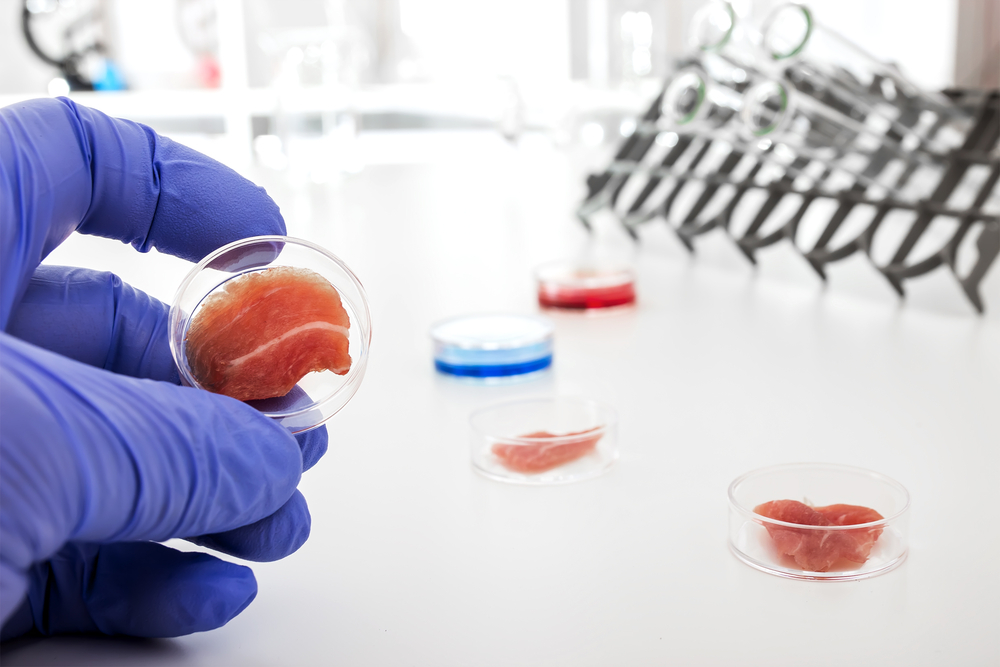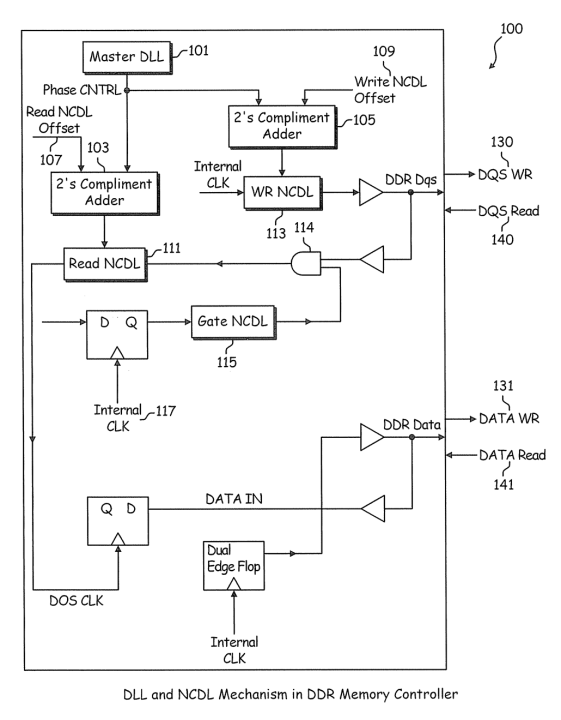In September, China and Israel signed a $300 million ‘clean tech’ trade deal that, among other things, would allow Israeli food tech startups to sell lab-grown meat in the country when it becomes available. As the consumer of 28% of the world’s meat, China would inch closer to its goal of cutting meat consumption in half by providing consumers a more ecologically-sound alternative. In vitro meat isn’t just on China’s radar, either. Bill Gates and Richard Branson joined a group of American industry leaders earlier this year to invest in cultured meat, contributing $17 million to lab-grown meat startup Memphis Meats. In vitro meat may be on the market as early as next year. Vegan startup Hampton Creek announced in June that it plans to have its cultured meat product on supermarket shelves by 2018. As more governmental and industrial leaders concern themselves with climate change mitigation and clean energy alternatives, the possibility of buying a lab-grown hamburger at the grocery store is becoming more likely.
In Vitro Cell Culture Technology Trends
The technology used to create in vitro meat is not new. As far back as 1971, in vitro cell culture techniques have been used to grow mammalian muscle fibers from stem cells. The first patents for in vitro meat production were filed in 1998 and are currently owned by Hampton Creek.

Contact ktMINE for a demo to see updated product details and functionality
Maastricht University unveiled the first in vitro hamburger in 2013, grown from bovine stem cells in their Dutch laboratory. Animal rights organization PETA was involved in the development of two in vitro meat patents, assigning them to Memphis Meats in 2016.

Contact ktMINE for a demo to see updated product details and functionality
The latest in vitro meat patents to be published focus on the large-scale replication of cultivated animal tissue, allowing it be produced on an industrial scale.

Contact ktMINE for a demo to see updated product details and functionality
Although only 65 patents currently exist for in vitro meat technology, the current marketplace transactions indicate that the industry is poised for increased activity. Techniques for lab-grown animal fat, for instance, may be developed in the future as a way to add more natural texture and less artificial meat flavor.
Environmental Impacts of Cultured Meat Production
Supporters of in vitro meat often cite the environmental impacts of cultured meat production as a key benefit. Besides the obvious animal welfare concerns, conventional meat production takes up about a third of the Earth’s usable surface and is responsible for 14.5% of greenhouse gas emissions. Scientists estimate that large-scale production of in vitro meat, on the other hand, would require 35-60% less energy, take up 98% less land, and produce 80-95% less greenhouse gasses. Consumer attitudes towards in vitro meat consumption are somewhat promising. In a survey of American meat eaters, two-thirds of participants were willing to try in vitro meat, and one third would be willing to eat it regularly or as a replacement for conventionally farmed meat.
Is Lab Grown Meat Ready to Enter the Market?
Barriers remain to the large-scale production of in vitro meat, however. Maastricht University’s in vitro hamburger cost over $300,000 to produce in 2013. The university estimates now the price of in vitro meat is $80 a kilogram, a drastic decrease but still more expensive than conventionally farmed meat. Taste is another issue to be dealt with. The first lab-grown burger was described by tasters as dry and lacking in flavor. Meat-loving consumers may not be willing to compromise on taste if they’re spending upwards of $10 a patty. Improvements on the culturing of animal muscle fibers and the addition of lab-grown animal fat will have to be made to convert meat lovers to the in vitro alternative. Once ready for market, regulatory agencies like the FDA and USDA will have to develop a way to gauge food safety in cultured meat products. Will in vitro meat be on grocery store shelves in the coming years? Probably. Will consumers embrace it as a replacement of conventionally farmed meat? That remains to be seen. There is no doubt, however, that in vitro meat technology will continue to be a hot topic as conventional meat farming becomes less sustainable for a growing world.
The ktMINE IP Data and Analytics Platform was used to perform this intellectual property trends research. For more information on how to access IP data such as royalty rates, agreements, patents, assignments, patent court cases, and IP news, contact us today.




